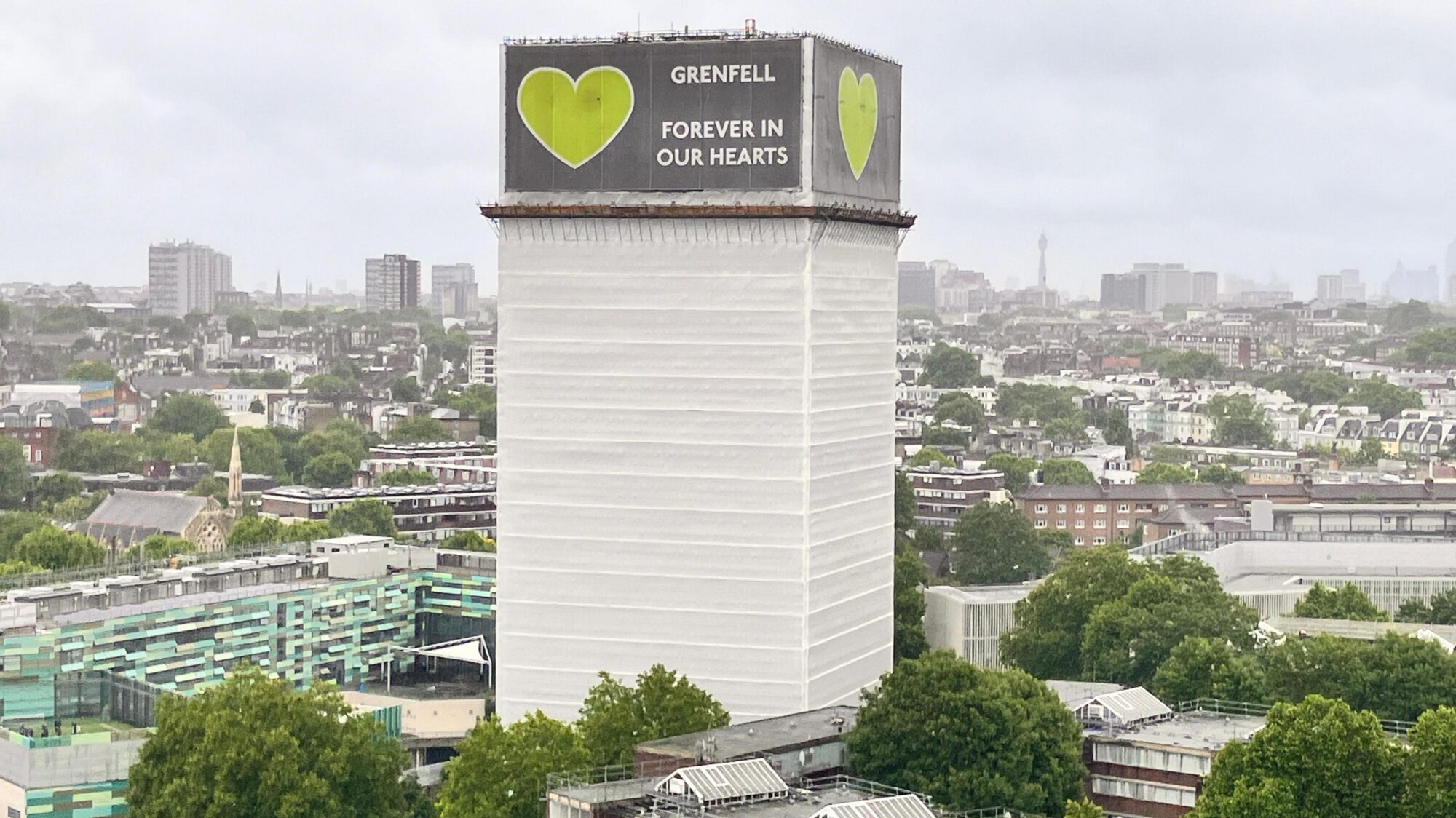By Mark Webster
Warnings were ignored before Grenfell—and they still are.
Eight years after the Grenfell Tower fire claimed 72 lives, Disabled emergency evacuation in Telford and Wrekin remains dangerously inadequate, leaving vulnerable residents at risk.

Despite calls for change, authorities still fail to provide guaranteed evacuation plans for hundreds of thousands—including in Telford and Wrekin—repeating Grenfell’s deadly failures.
The 2017 fire exposed a brutal reality: 41% of Grenfell’s Disabled residents died compared to 25% of children. Of the 37 Disabled people who lived in the tower, 15 perished—many trapped on upper floors because authorities ignored warnings about broken lifts and inadequate escape routes.
Sakina Afrasehabi, 65, was partially sighted and used a walker. She died on the 18th floor after authorities denied her repeated requests for a ground-floor flat. Emma O’Connor, placed on the 20th floor despite a 2012 assessment recommending ground-level accommodation, narrowly survived.
Survivors and advocates argue these deaths were preventable. The Grenfell Inquiry’s 2019 recommendation for mandatory Personal Emergency Evacuation Plans (PEEPs)—customised escape strategies for Disabled residents—sought to address this. Yet the UK government has refused to enforce them, citing cost and “practicality” concerns.
While councils like Kensington and Chelsea have issued over 362 PEEPs since 2017, Telford and Wrekin Council has delayed action and deflected responsibility.
After local Green Party Disability Officer Mark Webster raised concerns about high-rises like Haybridge and Reynolds House, Council Leader Lee Carter pledged to “look into” the issue. Months later, the Housing Lead admitted the council relies on Shropshire Fire & Rescue to enforce safety even though this contributed to failures at Grenfell.

The response mirrored the government’s inertia: the High Court ruled in favour of rejecting PEEPs—deliberately prioritising bureaucracy over lives.
Labour’s slogan for Telford and Wrekin Council—”Protect, Care, Invest”—rings hollow for Disabled residents. The borough has 20.5% Disabled residents and 36.1% of households with a Disabled person, yet the council has failed to adopt a proactive PEEPs policy like other councils. When pressed, it gave only vague assurances to “discuss” the issue with MP Shaun Davies—a far cry from the radical action promised after Grenfell.
The government replaced PEEPs with “Emergency Evacuation Information Sharing Plus“, a system that fire safety experts and campaigners have widely dismissed as a watered-down alternative. Meanwhile, Telford and Wrekin’s inaction continues to reflect this complacency. Firefighters warn that without PEEPs, Disabled residents remain “sitting ducks”.
As Grenfell stays in our minds and sympathies go to its victims, the question remains: will Telford and Wrekin act or wait for another tragedy?